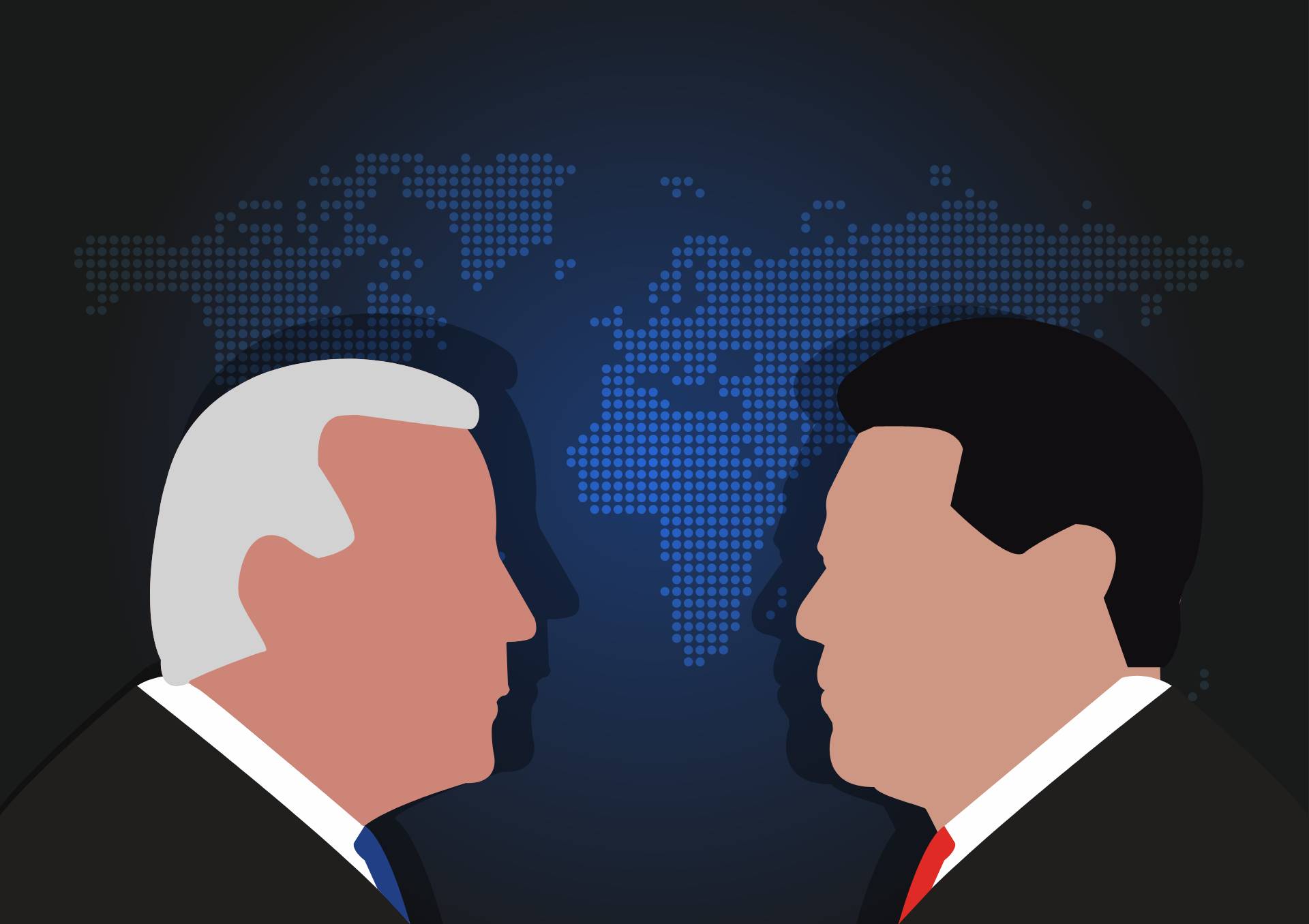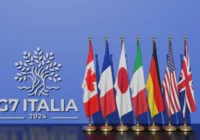The November Xi-Biden summit in San Francisco was significant largely because it took place at all. It has been seized on by some businesspeople as a sign of a major geopolitical shift, more out of their need for good news than reality, after alarming economic losses over the last three years.
The drought is over, mate. We can sell our wine in China again. Albo’s visit was the first step in a new era. And you blokes shouldn’t read too much into the subs and all that AUKUS stuff. We only care about the Pacific because you do. The stand-off was all about nothing.
— Australian wine company sales manager
Easy for you to say. The ‘subs’ you mention will get deployed off the Chinese coast. How would you feel if we sent nuclear-powered submarines with ballistic missiles to cruise in international waters just off Perth?
— Chinese distribution manager
China President Xi Jinping and US President Joe Biden were motivated in part by a mutual requirement to repair the economic damage resulting from prolonged political estrangement and the imposition of trade tariffs. Biden asserted that the US was not trying to decouple from China, perhaps acknowledging tacitly that attempts to do so have been unsuccessful. Both economies need each other’s markets to ensure future growth. Yet there are powerful people in Beijing and especially Washington who are prepared to mortgage economic stability and growth for what they perceive as wider geopolitical advantages, even at the risk of military conflict.
In early December, the US House of Representatives China committee recommended Congress legislate to allow it to sanction the Chinese Communist Party economically and diplomatically if China engages in military action against Taiwan or other US allies and partners (partners could mean any country). The committee also advised the administration to revoke licenses that currently allow US companies to supply Huawei.
Politics and geopolitics override economics
Whatever conciliatory statements Biden made in San Francisco, he will likely be forced to repudiate next year as he fights to win the support of Americans who have been conditioned to see China as an enemy and want to see him ‘stand up’ to Beijing. The Democrats and Republicans are unified in their characterization of China as the architect of America’s domestic ills. When both American political parties unite over foreign commercial and political conflicts, Washington has sometimes made its worst mistakes, such as the escalation of the Vietnam War and recent military interventions in the Middle East, resulting in the deaths of hundreds of thousands and the diminution of American power and legitimacy.
While the Chinese economy will strengthen in 2024 and Beijing has enjoyed some rapprochement with both Washington and Canberra, global geopolitical threats have not diminished. The dangerous jousts between the US and Chinese navies along the fringes of China’s territorial waters continue. Although Taiwan and Vietnam are not the potential flashpoints they appeared to be a year ago, Biden’s military guarantee of the Philippines has created a new theater for a proxy conflict with China. France just announced it will conduct joint exercises with the Filipino military and that it intends to garrison soldiers in the country. The US and China continue inching towards a Second Cold War, evidenced by the AUKUS pact, the QUAD, Papua New Guinea’s security agreements with both Canberra and Washington, and the recent US announcement that it will deploy intercontinental ballistic missiles in the region soon — probably on Guam.
China remains committed to globalization; it has no choice, for it depends on imports for so many essential materials and components. As the Chinese economy recovers, so will the global economy, hopefully prompting many of its trading partners to restrain Washington’s paranoid struggle to contain China’s inexorable rise.
Foreign investors will need to consider geopolitical risks more carefully now and, in the years to come, as the US is likely to impose more restrictions on Chinese technology and continue to highlight selective (Chinese, as opposed to its allies’) human rights issues, all in the attempt to slow China’s growth. Chinese defensive rhetoric will only intensify in response, and it will continue to increase its military spending.
We hear a lot about China’s political tensions, but at least Xi is talking to foreign leaders again. I fly to the US next week to buy oranges. If we just do business as normal, hopefully things will become more normal again.
— Beverage company supply-chain manager, southwest China
The views expressed in this article are the author’s own and do not necessarily reflect Fair Observer’s editorial policy.
Support Fair Observer
We rely on your support for our independence, diversity and quality.
For more than 10 years, Fair Observer has been free, fair and independent. No billionaire owns us, no advertisers control us. We are a reader-supported nonprofit. Unlike many other publications, we keep our content free for readers regardless of where they live or whether they can afford to pay. We have no paywalls and no ads.
In the post-truth era of fake news, echo chambers and filter bubbles, we publish a plurality of perspectives from around the world. Anyone can publish with us, but everyone goes through a rigorous editorial process. So, you get fact-checked, well-reasoned content instead of noise.
We publish 2,500+ voices from 90+ countries. We also conduct education and training programs
on subjects ranging from digital media and journalism to writing and critical thinking. This
doesn’t come cheap. Servers, editors, trainers and web developers cost
money.
Please consider supporting us on a regular basis as a recurring donor or a
sustaining member.
Will you support FO’s journalism?
We rely on your support for our independence, diversity and quality.











Comment